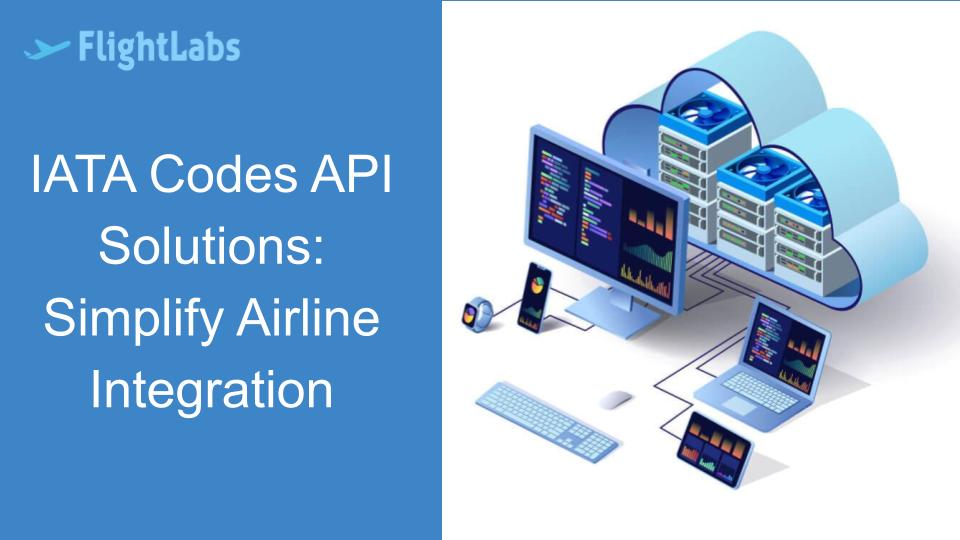IATA Codes API Solutions: Simplify Airline Integration

In the realm of airline integration, IATA codes are fundamental components. These unique alphanumeric identifiers streamline data exchange, simplifying processes like flight tracking and reservation management. IATA codes enable precise identification of airlines, airports, and routes, ensuring seamless and efficient communication within the aviation ecosystem. They are the backbone of modern air travel systems, facilitating smooth operations and enhancing passenger experiences.
Benefits Of Using IATA Codes API
The IATA Codes API offers a plethora of benefits to streamline airline operations. It provides access to comprehensive airline data including real-time flight information and historical data analysis. The simplified data integration process ensures seamless integration into existing systems. Additionally, its easy API documentation and implementation further enhance its usability.
IATA Codes API provides as a portal to a massive collection of flight-related data, allowing developers to access real-time information such as departure and arrival timings, delays, gate changes, and cancellations. These APIs are intended to ease the retrieval of flight information, allowing developers to easily incorporate this data into their websites, mobile applications, or backend systems. 
Integration Guide for Developers With FlightLabs
The Integration Guide for Developers for the FlightLabs begins with the API key registration process, ensuring secure access to the API functionalities. It provides sample code snippets for integration, simplifying the implementation process. Best practices for API usage are emphasized, including robust data security measures to protect sensitive information. Comprehensive error handling and troubleshooting tips are also provided for smooth development experiences
Features of FlightLabs
The IATA Codes API stands out with its remarkable features. It offers global coverage, granting access to airlines worldwide. Its comprehensive database of airline information includes aircraft data API and airline routes API. With real-time updates like live flight status and instantaneous data refresh, it ensures accurate and timely information for effective airline management.
Future Trends in Airline Integration with FlightLabs
.The future of airline integration with FlightLabs looks promising with advancements in AI and machine learning applications. These technologies enable predictive analytics for flight operations, leading to better decision-making. Moreover, they facilitate personalized travel recommendations based on user preferences. Enhanced data visualization through interactive dashboards and geospatial mapping of flight routes further enhance airline performance and customer experiences.
Use Cases and Applications
Travel businesses and booking platforms use FlightLabs to improve their services. Integrating this API gives companies real-time access to air flight status tracker API data, allowing them to deliver accurate and up-to-date flight information to their consumers. Airlines and airport management systems benefit from the API's features, which increase operational efficiency and customer satisfaction. 
Improved Flight Status Tracking: Airlines use the air flight status tracker API to provide real-time updates.
Enhanced Route Planning: Use the airline routes API to optimize aircraft paths and timetables.
Conclusion
In conclusion, the FlightLabs offers a plethora of benefits, including streamlined access to airline data and the facilitation of innovative airline solutions. As we look ahead, APIs like IATA Codes will play an evolving role in airline integration, shaping the future of aviation technology and enhancing passenger experiences worldwide.